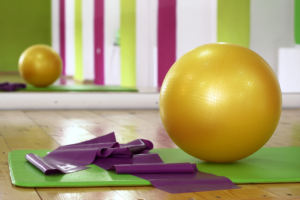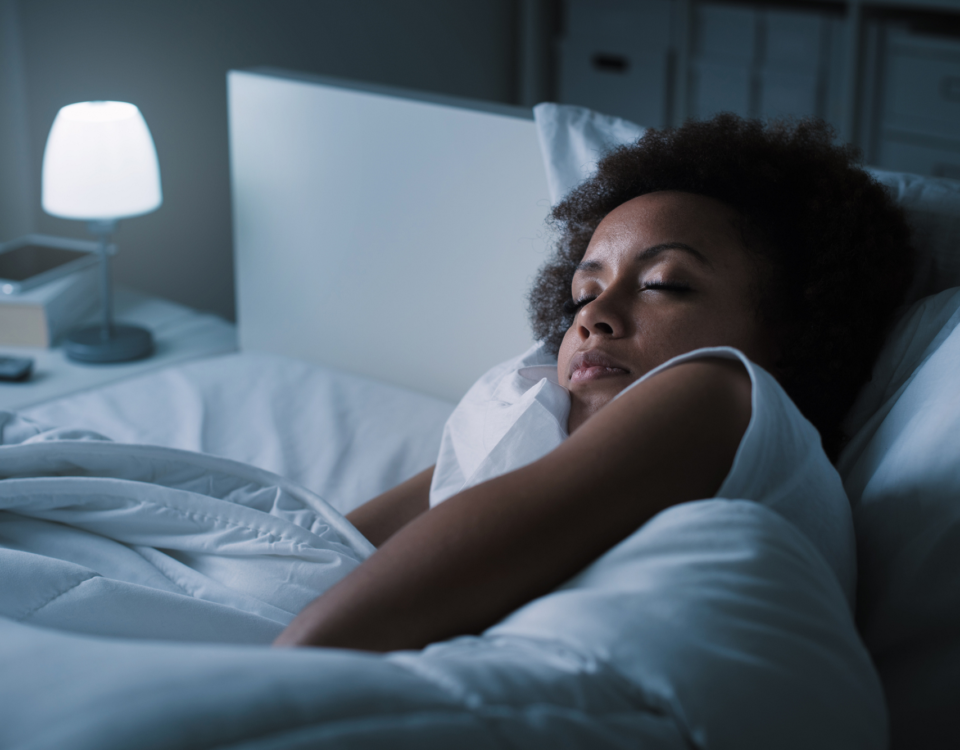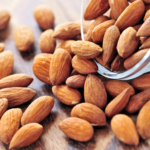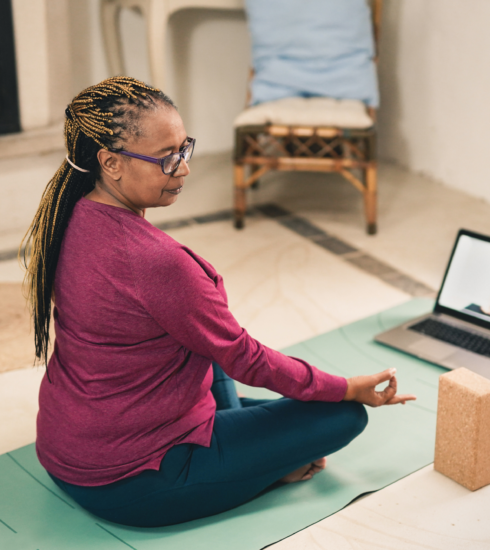Day 10: Reset for Transformation
Mindful Moments Meditation with DJ Class6
In today’s meditation, we use forgiveness to repair broken hearts.
Today’s workout: REST
Sleep is one of the most important factors in achieving optimal health. Not getting enough shut-eye on a consistent basis is many times associated with obesity, lowered immunity, depression, and reduced sex drive. Other serious problems can include high blood pressure, heart attack or stroke.
Aside from biological factors, luckily, there are things you can avoid staying up at night. Here are 10 things that may be hindering your quality of sleep.
- Stress. Stress can wreak havoc on so many aspects of life, including sleep. Reducing the amount of stress in your life is crucial to your health.
- Coffee consumption after a certain hour of the day. There’s nothing wrong with having that morning cup of coffee to get your day started. However, for some, drinking coffee and other caffeinated beverages in the afternoon or into the evening can keep you up at night. Consider a cup of caffeine-free tea as an alternative.
- Eating chocolate late in the day. Chocolate, especially dark chocolate, contains a substance called theobromine, which can increase heart rate.
- Working or checking emails before bed. Don’t bring work stress to bed with you. Shut down a few hours before going to sleep to relax the mind.
- Scrolling on social media. Some content on Facebook, Instagram, and other platforms can cause stress, sadness, and other negative emotions. Plus, the light from your phone can stimulate the brain. Instead of scrolling, read, color, meditate or listen to relaxing music.
- Staying out late. Getting enough sleep is important, especially as we age. Consistently staying out late can interrupt your natural sleep cycle.
- Bright lights. Studies show that even the dimmest of light can affect your circadian rhythm, part of your biological clock that helps regulate sleep. Keep your room as dark as possible. Consider blackout curtains if you live in an urban area.
- Watching television before bed. Much like social media, some television can cause negative emotions that interfere with sleep. Choose a relaxing activity before retiring for the night.
- Not making time to relax. This may seem impossible with our busy schedules, but just like other tasks, relaxing should be a priority for your overall health.
- Sleeping in a hot room. Studies show that cooler temperatures lead to better sleep. According to the National Sleep Foundation, a comfortable temperature is anywhere between 60 and 71 degrees.
Learn more about ways to get better sleep here.
Nutrition: Low on Vitamin D? Here are Some of the Best Food Sources
Vitamin D is essential for good bone health, and it may help protect the body from illness, including against cancer and type 2 diabetes.
According to a report by the Centers for Disease Control, African Americans have the highest rates of vitamin D deficiency, despite clinical data showing greater bone density and fewer fractures in this group compared to other race/ethnic groups. Although more research is needed in this area, it’s safe to say that this is an area of concern.
Sources of Vitamin D & Calcium
In addition to sunlight, vitamin D is found naturally in only a handful of foods such as fish-liver oils, fatty fishes, mushrooms, egg yolks, and liver. Here are additional sources of vitamin D.
- Mushrooms
- Egg yolks
- Liver
- Salmon
- Herring
- Sardines
- Cod liver oil
- Canned tuna
- Calcium-fortified foods and drinks
- Spinach
- Kale
- Collard greens
- Soybeans
Signs You May Be Vitamin D Deficient
- Fatigue
- Bone pain
- Muscle weakness or frequent cramps
- Depression
- Rickets (in children)
*Always consult your physician when determining your health status.










